Have you ever wondered what happens when government officials get a bit carried away with food regulations? Around the world, some truly head-scratching food laws exist that might make you laugh or leave you confused. From bouncing pickles to banned condiments, these peculiar rules reveal how something as simple as food can become surprisingly complicated when lawmakers get involved.
1. France’s Ketchup Crackdown in Schools
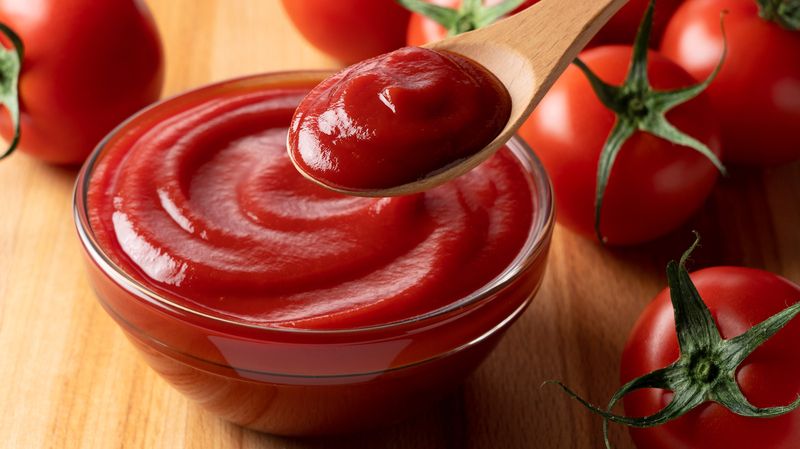
French officials declared war on ketchup in 2011, banning the beloved condiment from school cafeterias nationwide – except when served with French fries. The regulation aimed to preserve French culinary traditions and combat American fast-food influence on young palates.
School lunch administrators must instead offer traditional French sauces and encourage children to appreciate authentic local flavors. Many French nutrition experts supported the move, arguing ketchup’s sweetness overwhelms subtle flavors in proper cuisine.
Interestingly, mayonnaise wasn’t subjected to the same restrictions, creating what some jokingly call “The Great Condiment Divide” in French education.
2. Singapore’s Strict Gum Control

Since 1992, chewing gum has been virtually outlawed in Singapore. The government implemented this restriction after vandals used gum to disrupt the mass transit system by sticking it on door sensors, causing malfunctions and costly delays.
Exceptions exist only for therapeutic, dental, or nicotine gums, which can be purchased from pharmacists or doctors with proper documentation. Penalties for smuggling gum can reach $100,000 or even imprisonment for repeat offenders.
Tourists visiting Singapore are advised not to bring gum, as customs officials routinely confiscate it. The ban has contributed to Singapore’s reputation for immaculate public spaces.
3. Venice’s Pigeon-Feeding Prohibition

Tossing bread crumbs to pigeons in Venice’s historic St. Mark’s Square became illegal in 2008. For centuries, feeding these birds was practically a tourist requirement, but city officials determined the feathered residents were causing millions in damage to delicate marble buildings and monuments.
Pigeon droppings contain acids that gradually erode Venice’s irreplaceable architecture. The ban dramatically reduced the pigeon population from 35,000 to about 10,000 within a few years.
Enforcement officers patrol the square issuing fines up to €700 (about $800) to offenders. Locals credit the law with preserving their architectural heritage while making outdoor dining much more pleasant.
4. Georgia’s Hands-Only Fried Chicken Rule
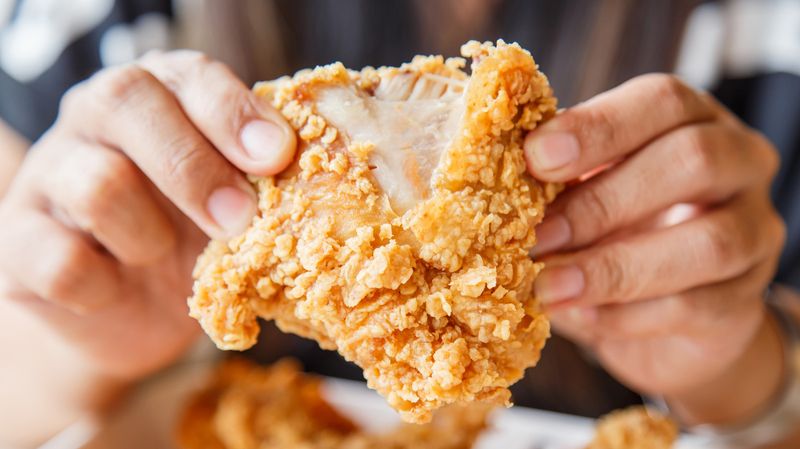
In Gainesville, Georgia – the self-proclaimed “Poultry Capital of the World” – a peculiar 1961 ordinance makes it illegal to eat fried chicken with anything but your fingers. This law started as a publicity stunt to promote the town’s poultry industry but remains technically enforceable today.
The city even “arrested” a 91-year-old visitor using a knife and fork on her chicken as a humorous demonstration of the ordinance. She received a pardon from the mayor after the playful detainment.
Local restaurants embrace this quirky regulation, often posting humorous warnings about the consequences of using utensils on their signature dish.
5. India’s Foie Gras Import Blockade
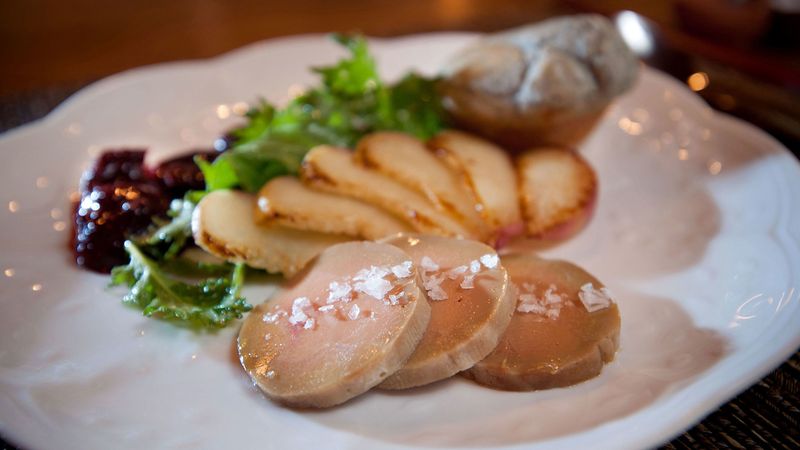
Animal welfare concerns prompted India to ban all foie gras imports in 2014. The controversial delicacy, made from specially fattened duck or goose liver, involves force-feeding birds through a process called gavage that many consider inherently cruel.
India’s Directorate General of Foreign Trade added foie gras to its prohibited items list after animal rights activists presented evidence of production methods. The ban disappointed high-end restaurants catering to wealthy clients who developed a taste for the luxury ingredient.
Unlike some countries with partial restrictions, India implemented a complete prohibition on both domestic production and imports, making it one of the strictest foie gras regulations globally.
6. Connecticut’s Bouncing Pickle Requirement

According to an archaic Connecticut statute, a pickle cannot be legally considered a pickle unless it bounces when dropped from one foot high. This peculiar law originated in the 1800s as a practical method for food inspectors to determine if pickles were properly brined.
Properly fermented pickles develop a certain firmness that makes them bounce rather than splat. Unripe or improperly processed cucumbers would fail this simple test, revealing potentially unsafe preservation methods.
While rarely enforced today with modern food safety regulations in place, the law technically remains on the books. Connecticut pickle makers occasionally demonstrate the bounce test at farmers’ markets as a charming historical nod.
7. Royal Sandwich Shape Protocol
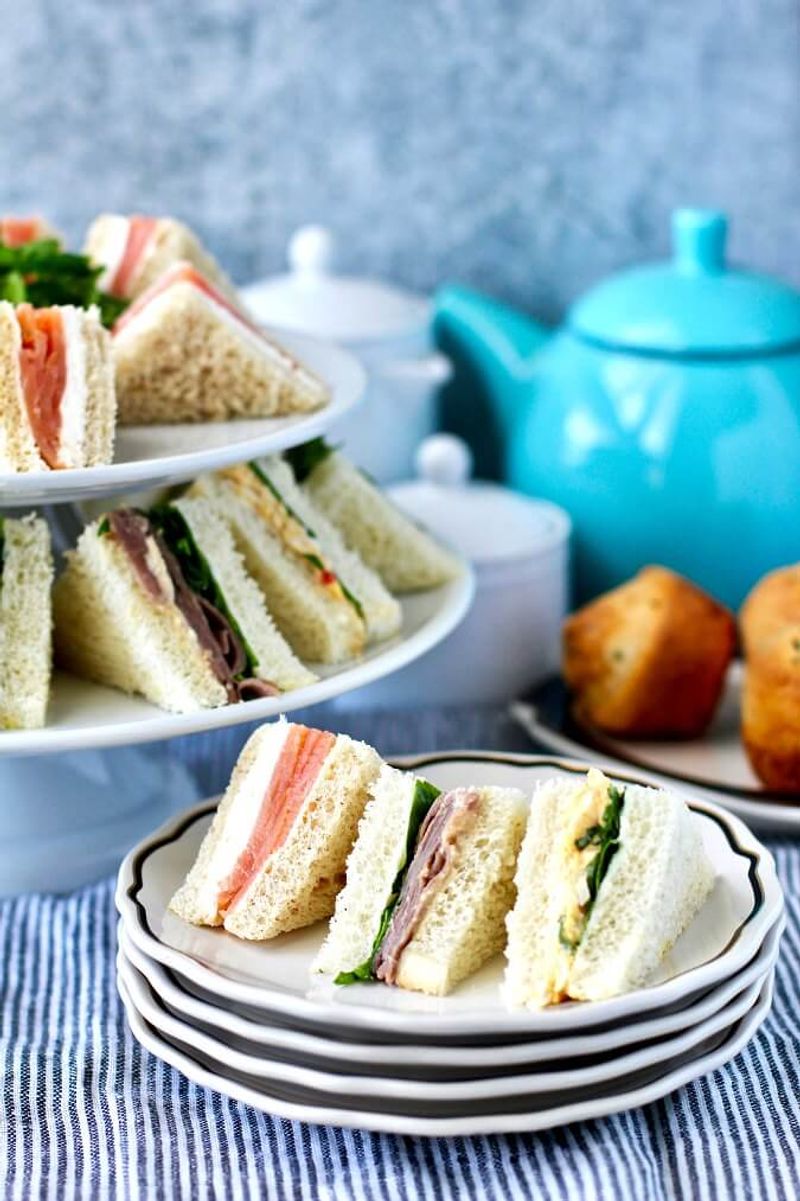
British royal tradition dictates that square-cut sandwiches never appear at official functions. This custom reportedly began with King Edward VII, who believed corners on sandwiches resembled coffins and therefore brought bad luck.
Royal chefs meticulously trim crusts and cut sandwiches into perfect triangles or rectangles instead. Former royal chef Darren McGrady confirmed this practice continues at Buckingham Palace today, with afternoon tea sandwiches always served in dainty triangular or finger shapes.
While not technically law, this protocol is followed so strictly that square sandwiches would create a genuine scandal at royal events. Commoners attending garden parties quickly notice this distinctive triangular sandwich tradition.
8. California’s Foie Gras Battle
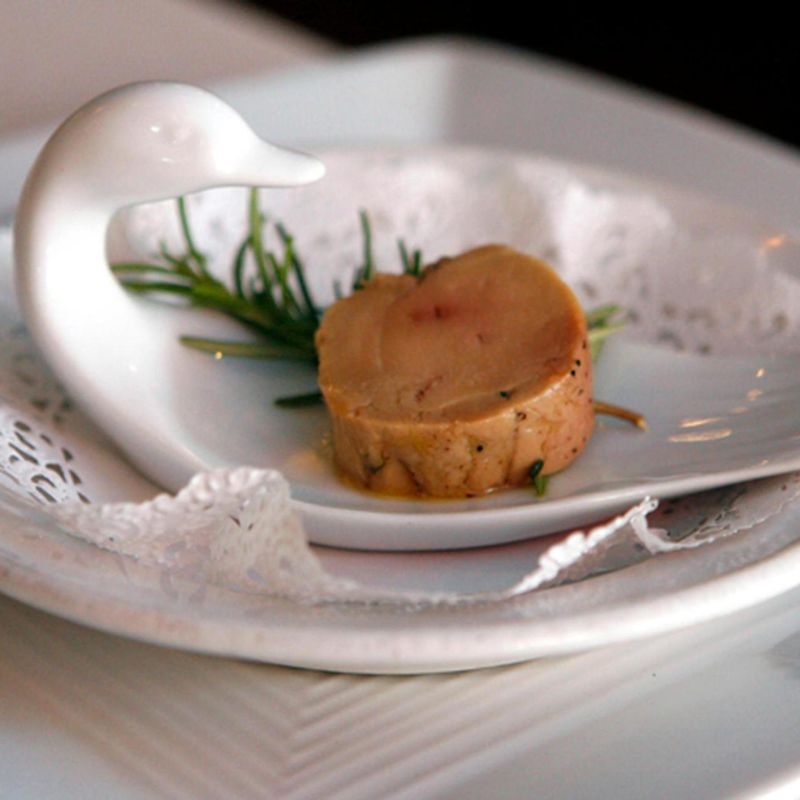
California banned foie gras production and sales in 2012 after years of heated debate between animal rights activists and culinary traditionalists. The controversial law prohibited force-feeding birds and selling products made through this process, effectively eliminating the delicacy from menus statewide.
Resourceful chefs found creative loopholes, including “giving away” foie gras as complimentary additions to expensive dishes. The ban faced numerous legal challenges, with courts alternately upholding and striking it down.
After years of culinary cat-and-mouse games, the Supreme Court declined to hear appeals in 2019, leaving in place a ruling that prevents California from banning imports while still prohibiting production within state borders.
9. Belgium’s Brussels Sprout Tossing Technicality
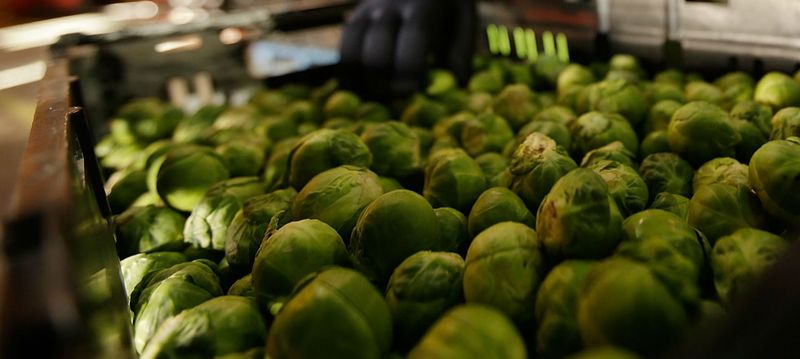
Belgian folklore claims it’s technically legal to throw Brussels sprouts at tourists who display rude behavior toward locals or cultural sites. While no specific law actually permits vegetable-throwing, no statute explicitly forbids it either, creating this humorous legal gray area.
The tradition allegedly began when market vendors used damaged produce to discourage disrespectful visitors. Modern Belgian tour guides often mention this quirky non-law as a humorous warning to encourage respectful tourism.
Despite its popularity in travel anecdotes, no documented cases exist of anyone actually being pelted with the miniature cabbages. Restaurant owners in tourist areas sometimes playfully reference this myth on menu descriptions of Brussels sprouts dishes.
10. New York City’s Failed Soda Size Cap
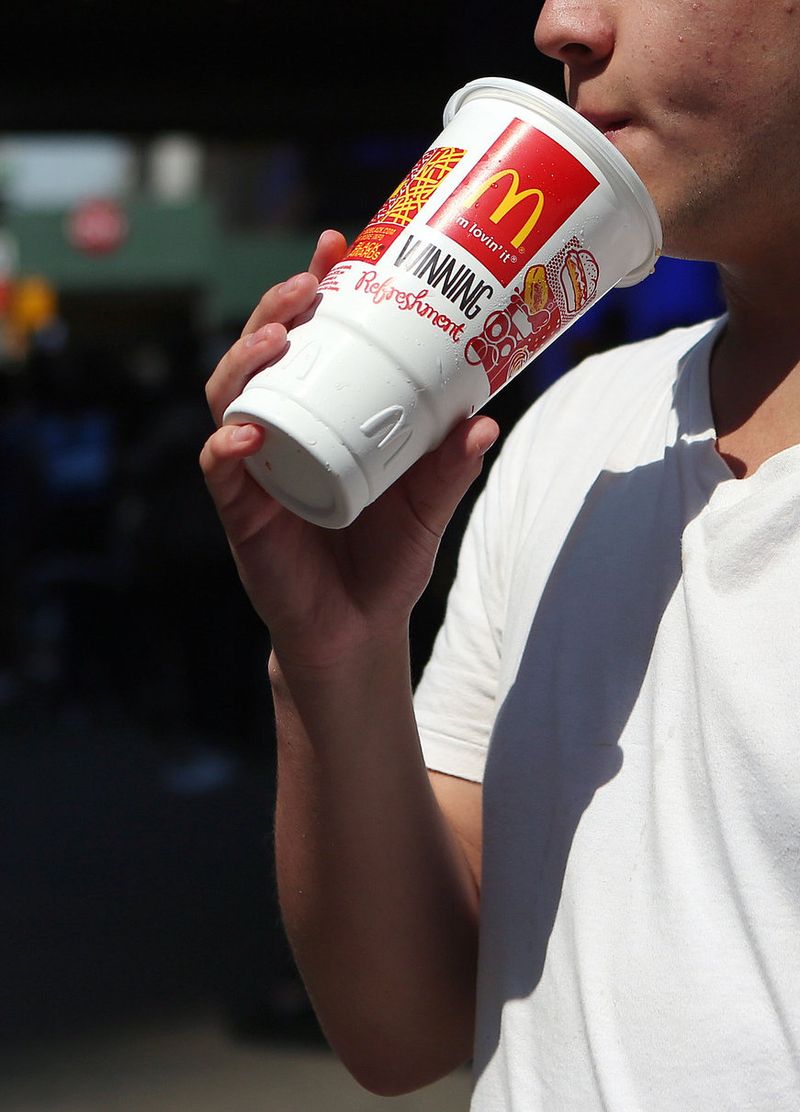
Former NYC Mayor Michael Bloomberg’s administration attempted to prohibit the sale of sugary drinks larger than 16 ounces in 2012. This unprecedented restriction targeted restaurants, movie theaters, and food carts as part of a broader public health initiative against obesity.
The controversial measure immediately faced fierce opposition from beverage companies and restaurant associations. Critics dubbed it the “soda ban” and argued it represented government overreach into personal choice.
After legal battles reaching New York’s highest court, the regulation was ultimately struck down in 2014. The court ruled the city’s Board of Health had exceeded its regulatory authority, effectively ending one of America’s most ambitious attempts at portion control legislation.
11. Thailand’s Playing Card Possession Limits

Thailand’s Playing Cards Act restricts individuals from possessing more than 120 playing cards without proper registration. This unusual law affects restaurants and bars that offer card games as entertainment, requiring them to obtain special permits.
The regulation dates back to 1943 when the government sought to control gambling and tax card production. Establishments found with excess unregistered decks can face fines or have their cards confiscated during surprise inspections.
Tourists are generally exempt from this restriction when carrying personal decks, but gaming venues must carefully track their card inventory. Some Thai restaurants creatively circumvent the limit by using different card designs or alternative gaming materials for customer entertainment.
Leave a comment